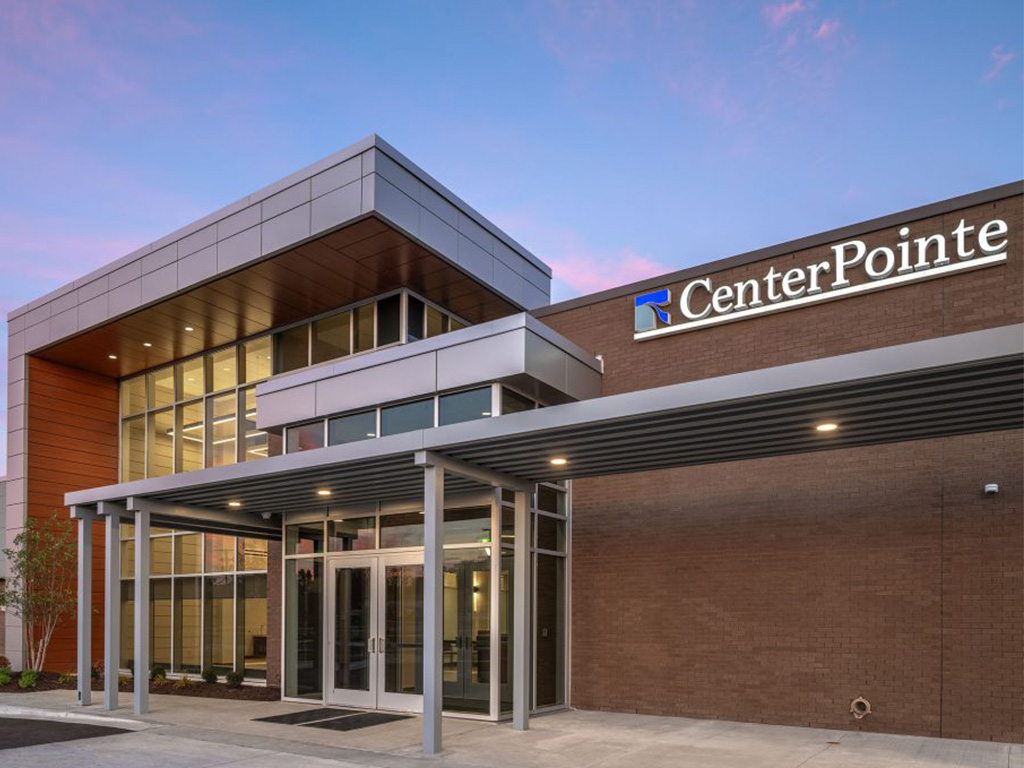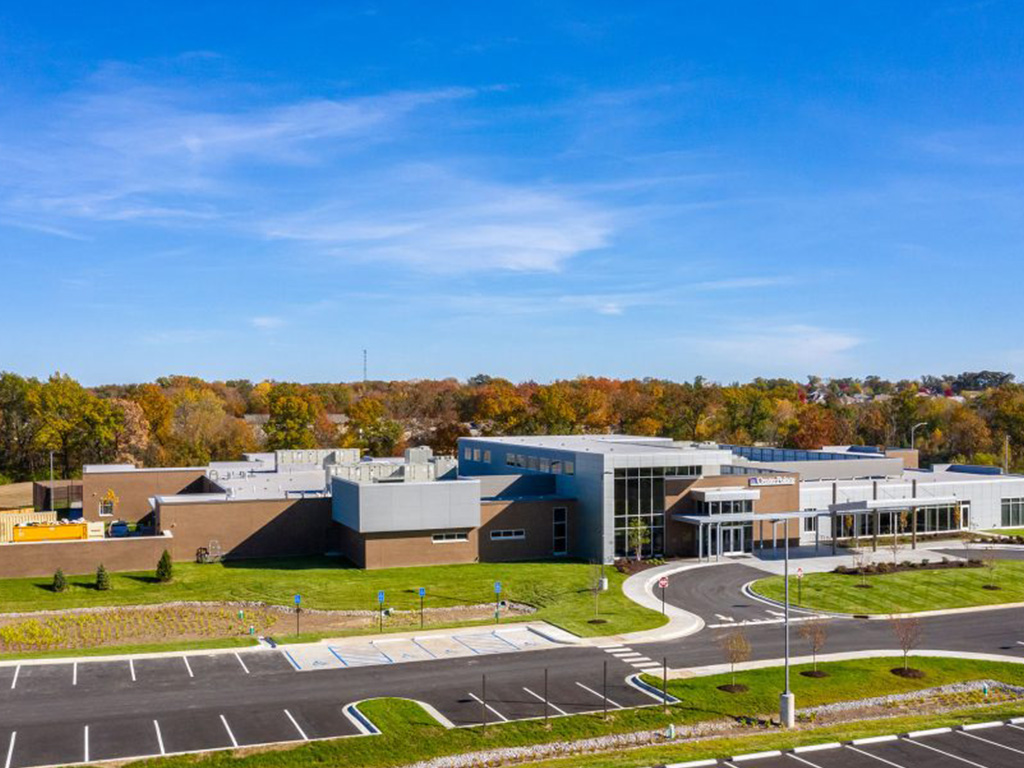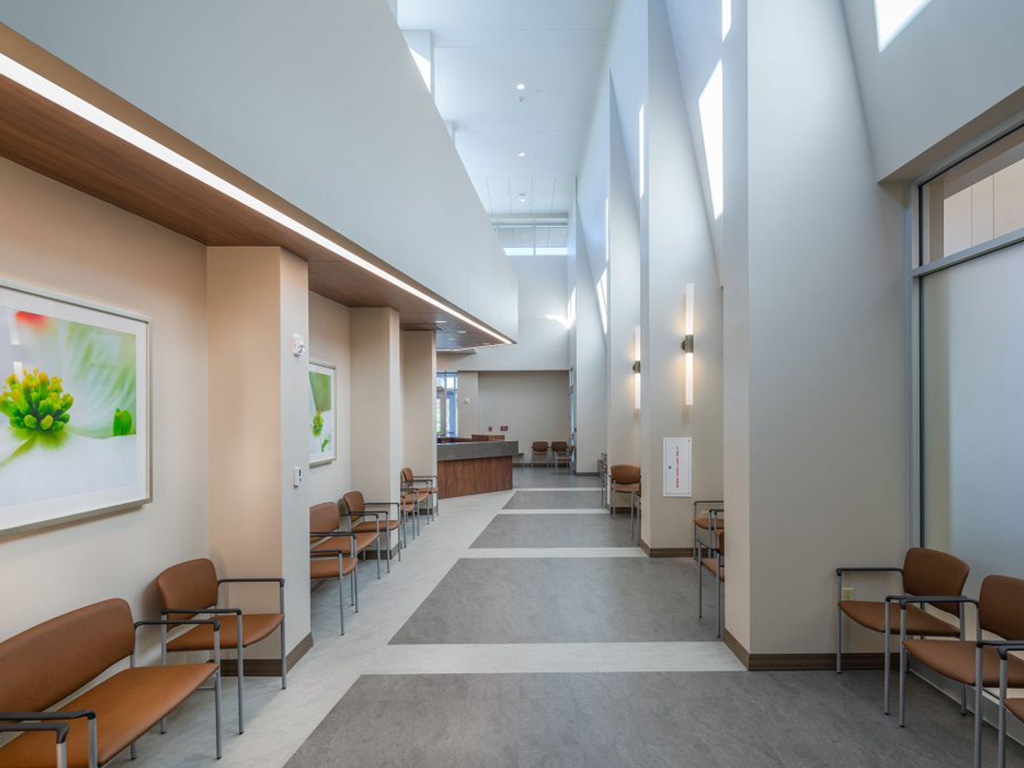Alcohol use is common in the United States. Many people are able to safely and legally use this substance in moderation without experiencing significant negative effects. But for many other people, alcohol use quickly leads to abuse and addiction.
Today, millions of people in the U.S. struggle with alcohol use disorder, which is the clinical term for alcohol addiction or alcoholism. Untreated alcohol addiction remains a source of considerable harm for individuals and families throughout the nation.
The good news is that alcohol addiction is a treatable condition. When a person receives comprehensive alcohol addiction treatment at CenterPointe Hospital of Columbia, they can achieve improved health and long-term recovery.
Signs & Symptoms of Alcohol Addiction
Alcohol addiction is characterized by a lack of control. When you develop an addiction to alcohol, you may lose the ability to determine how much or how often you drink.
The following are common signs and symptoms of alcohol addiction:
- Feeling the urge to drink alcohol every day or nearly every day
- Being unable to feel happiness or deal with sadness without using alcohol
- Prioritizing alcohol use over personal, academic, or professional responsibilities
- Frequently missing school or work due to alcohol use
- Finding it difficult or impossible to stop drinking once you have started
- Becoming irritated or agitated when you’re not able to acquire or use alcohol
- Using alcohol in ways that pose obvious dangers, such as combining it with other substances or drinking prior to operating a motor vehicle
- Experiencing negative outcomes that are directly related to alcohol abuse yet continuing to abuse alcohol
- Needing to drink more to feel the effects you are seeking
- Developing painful physical and psychological symptoms when you try to stop drinking
- Attempting to end or significantly reduce your alcohol use but being unable to do so
If you have been exhibiting the signs and symptoms of alcohol addiction, you should consult with your family doctor or contact a reputable alcohol addiction treatment center such as CenterPointe Hospital of Columbia. Completing an assessment and receiving an accurate diagnosis are important steps on the path to treatment and recovery.
If you are diagnosed with alcohol use disorder, the professional who conducted your assessment should be able to recommend appropriate treatment options.
Alcohol Addiction Statistics
The National Institute on Alcohol Abuse and Alcoholism (NIAAA) has reported the following statistics about alcohol abuse and addiction in the United States:
- More than 1 in 4 (25.8%) of adults who were surveyed for the 2019 National Survey on Drug Use and Health said that they had engaged in binge drinking at least once in the past month.
- Past-month binge drinking was more common among men (29.7%) than among women (22.2%).
- More than 14 million Americans age 12 and older, or about 5.3% of the population in this age group, met the criteria for a diagnosis of alcohol use disorder in 2019.
- Alcohol use disorder affected about 9 million men and boys age 12 and older (6.8% of this demographic group) and about 5.5 million women and girls (3.9% of this population).
- About 7.5 million children and adolescents age 17 and younger (10.5% of this age group) live with a parent who has alcohol use disorder.
- Among adults age 18 and older who have alcohol use disorder, only 6.9% of men and 7.9% of women received treatment in the previous 12 months.
- Experts estimate that alcohol-related causes are responsible for about 95,000 deaths every year.
Alcohol Addiction Causes & Risk Factors
A person’s risk for developing an addiction to alcohol can be influenced by several factors, including the following:
- Alcohol abuse among peers
- Exposure to stress
- Suboptimal coping skills
- Availability of alcohol
- Cultural attitudes about alcohol use
- Family history of alcohol use disorder
- Genetic variations
- Impulsivity
- Certain mental health disorders
Potential Effects of Untreated Alcohol Addiction
It is difficult to overstate the potential harm untreated alcohol addiction can cause. This disorder can inflict considerable damage to your physical, psychological, and social well-being.
The following are examples of the many possible negative effects of untreated alcohol addiction:
- Liver disease
- Hypertension
- Heart problems
- Elevated risk for certain types of cancer
- Impaired cognition
- Memory problems
- Injuries due to actions while under the influence of alcohol
- Disrupted relationships with family members and friends
- Separation, divorce, and loss of child custody
- Substandard performance at work or in school
- Academic failure
- Inability to find and keep a job
- Financial distress
- Being arrested, fined, and jailed
- Onset or worsening of co-occurring mental illnesses
- Social withdrawal and isolation
- Death
One of the unfortunately pervasive myths about alcohol addiction is that a person has to hit rock bottom before they can get help. You do not have to wait until you have experienced devastating effects to enter an alcohol addiction treatment center.
Levels of Care for Alcohol Addiction Treatment
CenterPointe Hospital of Columbia offers multiple levels of care for adults who have developed an addiction to alcohol. We also offer personalized treatment at each of the following levels for people who have both alcohol use disorder and a co-occurring mental health disorder:
- Inpatient treatment: Inpatient treatment for alcohol addiction at our hospital is a short-term service that is designed to help patients achieve stabilization. After completing inpatient treatment, many patients transition to a lower level of care for extended support. Features of inpatient alcohol addiction treatment at our hospital include detoxification, multiple evidence-based therapies, multidisciplinary treatment teams, nutritious meals, and comfortable patient rooms. Typical length of stay at this level is seven to 10 days for adults and 10-14 days for senior adults.
- Intensive outpatient program (IOP): Our IOP features three days of treatment per week, with each treatment day consisting of three hours of care. Group therapy is the main method of treatment for alcohol addiction in our IOP, with family therapy available as needed. Groups in our IOP may focus on topics such as recognizing unhealthy behaviors, developing coping skills, and learning how to ask for and receive support. We also offer experiential therapy groups, which may include poetry, art, or music. Typical length of stay in our IOP is four to six weeks.
- Traditional outpatient services: At our hospital, traditional outpatient treatment for alcohol addiction consists of individual sessions with a psychiatrist or nurse practitioner. Patients can schedule these sessions at the frequency that best meets their unique needs. This level of care can be a source of long-term support for people who are working to maintain recovery from alcohol addiction.
Patients who are receiving treatment for alcohol addiction at our hospital may participate in one, two, or all three of the levels of care listed above.
Types of Treatment for Alcohol Addiction
Treatment for alcohol addiction at CenterPointe Hospital of Columbia may include a variety of evidence-based therapies and services, including the following:
- Detoxification
- 12-Step education and support
- Basic medical care
- Medication management services
- Individual therapy
- Family therapy
- Group therapy
- Experiential therapy
- Acceptance and commitment therapy (ACT)
- Cognitive behavioral therapy (CBT)
- Dialectical behavior therapy (DBT)
- Motivational interviewing
- Transcranial magnetic stimulation (TMS)
Please note that all the therapies and services listed above are not available at every level of care, nor are they offered to every patient.
The types of alcohol addiction treatment a patient receives at our hospital may be influenced by several factors, including the patient’s age, the nature of their struggles with alcohol addiction, which level of care they are in, and if they have a co-occurring mental health disorder.
Benefits of Treatment for Alcohol Addiction
The following are examples of the many benefits of receiving treatment for alcohol addiction at CenterPointe Hospital of Columbia:
- Detoxification: Alcohol withdrawal can be extremely distressing. In some cases, it can even be life-threatening. When you begin your alcohol addiction treatment with detox, you will be under the care of professionals who can help you complete withdrawal safely and with as little discomfort as possible.
- Continuum of care: Alcohol addiction treatment at our hospital can include detox, inpatient treatment, intensive outpatient programming, and traditional outpatient care. This continuum allows us to offer the focused services that best meet each patient’s specific needs.
- Meaningful connections: Untreated alcohol addiction can cause you to become isolated from friends and family members. During treatment, you can learn how to rebuild these relationships. You can also discover the benefits of sharing support with others who are also walking the path of recovery.
- Self-esteem: Many people who develop an addiction to alcohol also struggle with low self-esteem and poor self-image. While you are in treatment at our hospital, our team can help you rediscover your innate abilities and talents. We can also help you realize that you are a valuable person who is worthy of being treated with compassion and respect.
- Discharge planning: The day you enter treatment for alcohol addiction at our hospital, a member of our team will begin to work on your discharge plan. By the time you are ready to transition out of our care, we will have a plan in place to connect you with the community-based resources that can support your continued recovery efforts.
This content was written on behalf of and reviewed by the clinical staff at CenterPointe Hospital of Columbia.














